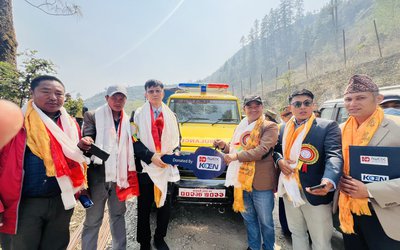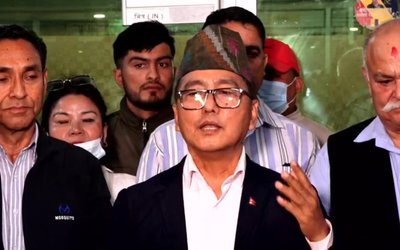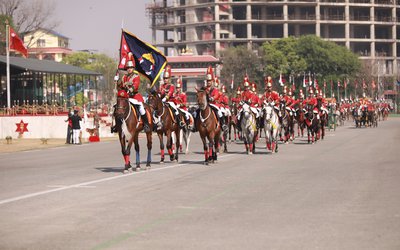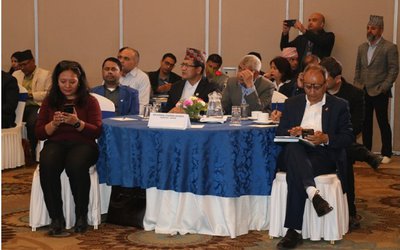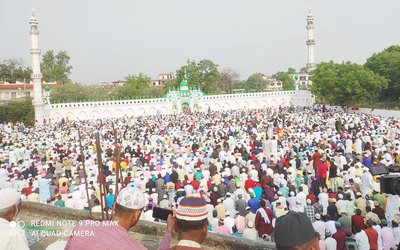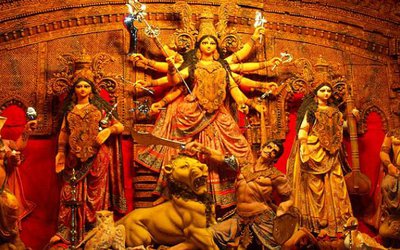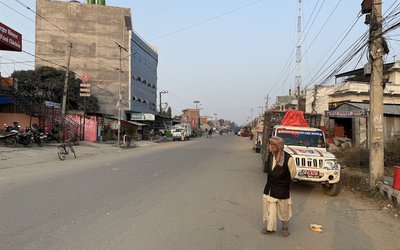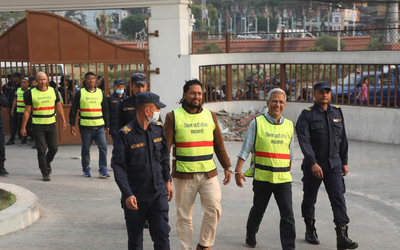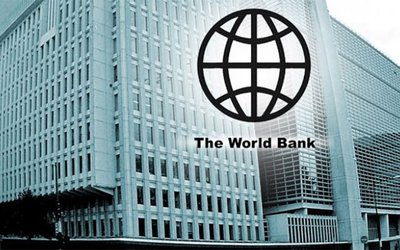
Although he applied for a Nepali citizenship nearly two decades ago, giving up his British citizenship, British Army’s retired colonel J.P. Cross remained stateless for almost one and a half decade without a formal citizenship card.
As Nepal and Britain are celebrating two hundred years of their relationship, Nepal government finally granted a Nepalese citizenship card for Cross. Having written half a dozen of books on Nepal, Colonel Cross, who holds a bachelor's degree in Nepali language from Tribhuvan University, had met all the criteria for acquiring the Nepali citizenship.
Although Nepal amended the citizenship act and brought the new Interim Constitution with new constitutional provisions in 2006, paving the way to distribute over three million citizenship, that had not made any difference to the status of a person like Cross.
Colonel Cross met each criteria of the Nepali Citizenship Act and Interim Constitution of Nepal to acquire a naturalized Nepali Citizenship, but it took him almost two decades to actually acquire one.
His journey to acquire citizenship has been tedious and hard but he never gave up his hope. “I am a citizen from my mind and heart and, from now on, I am also a citizen by a piece of paper,” said Cross.
“If Cross, who is the best of the best friend of Nepal, spent such a long journey to get citizenship of Nepal, one can imagine the struggle made by others. Nepali state is yet to understand the human cause and human values,” said a senior advocate and former attorney general of Nepal. “Nepal’s Babudom has shown that they are no different barbarians than from those days of Rana, playing with the sentiment of people.”
After two decades in Nepal under permanent residency, he received the citizenship certificate from the Ministry of Home Affairs at Singh Durbar on Friday November 15.
Colonel Cross is the second British to secure a naturalized citizenship of Nepal in almost five decades. Although Nepal’s law has the provision to reciprocate with countries, which have legal provision to grant citizenship to a Nepali, this is not happening as mentioned in the law.
“I am also very grateful to British Ambassador, Defense attaché Colonel, for his role pursuing my cause at the highest level. I also would like to thank many other people who supported me in the process,” said Colonel Cross.
Granting Nepali citizenship to the foreigners, particularly from western countries, including people of Tibetan descent, remains difficult, if not possible. However, this is not true with people coming from the southern border as the country has amended the constitution and laws to meet their political demands.
This is the reason the government of Nepal issued over 2 million citizenship to those who came from South. The government issued no more than 200 hundreds cards to people from western countries.
Experts argue that Nepal should provide citizenship certificates to scholars, scientists and businessmen and, also, on humanitarian ground as per the law and constitution. “Nepal can gain much from relaxing the provision by giving citizenship for such persons,” said senior advocate and renowned constitutional lawyer Badri Bahadur Karki. “Granting the citizenship for people like Colonel Cross is a matter of pride.”
On the day when retired Colonel Cross was granted Nepali Citizenships, other 200 applications seeking naturalized citizenship certificates returned empty handed. “Yes, I acquired the citizenship certificate. However, my sympathy is with those who applied fulfilling all the legal and constitutional criteria for citizenship but did not get it," said Colonel Cross.
According to Nepal Citizenship Act 2006 and regulations, any foreign national of full age and capacity may submit an application to obtain Nepali citizenship if: "he can speak and write in the national language of Nepali, he is engaged in any occupation in Nepal, he has relinquished his citizenship of another state, he has resided in Nepal for at least 15 years, he is a citizen of a country where there is a legal provision or a custom to provide naturalized citizenship to Nepali nationals and he is of good conduct and character."
“It was a great moment for me as I achieved what I have aspired for over three decades. Although I have been living as a citizen submitting my heart and life to this mother land, I am now also a citizen through this piece of paper,” said Colonel Cross.
Cross, who was living in Pokhara for almost 13 years, can now go to take part in the 200-year ceremony of one of his Army battalions in India in a few months time.
Citizenship is the status of a person recognized under the custom or law of a state that bestows on that person (called a citizen) the rights and the duties of citizenship. As Nepal and Britain are celebrating two hundred years of their diplomatic relationship, the decision to grant the citizenship to Colonel Cross is very significant.
Along with providing citizenship certificate to Cross, the time has come for Nepal government to grant those eligible applicants fulfilling the constitutional and legal provisions their cards as well. That was, Nepal can also stake a place for itself in the community of the world.

Keshab Poudel
Poudel is the editor of New Spotlight Magazine.
- FM Dr. Deuba’s India Visit: Mission Aborted
- Mar 26, 2025
- AMBASSADOR MAEDA TORU: Warm Regards
- Mar 24, 2025
- PRO-MONARCHY MOVEMENT: Rising Dissatisfaction
- Mar 23, 2025
- Dr. PRABIN MANANDHAR: Person With Humility
- Mar 16, 2025
- US SUSPESION OF GRANT: Impact On Nepal
- Mar 10, 2025
